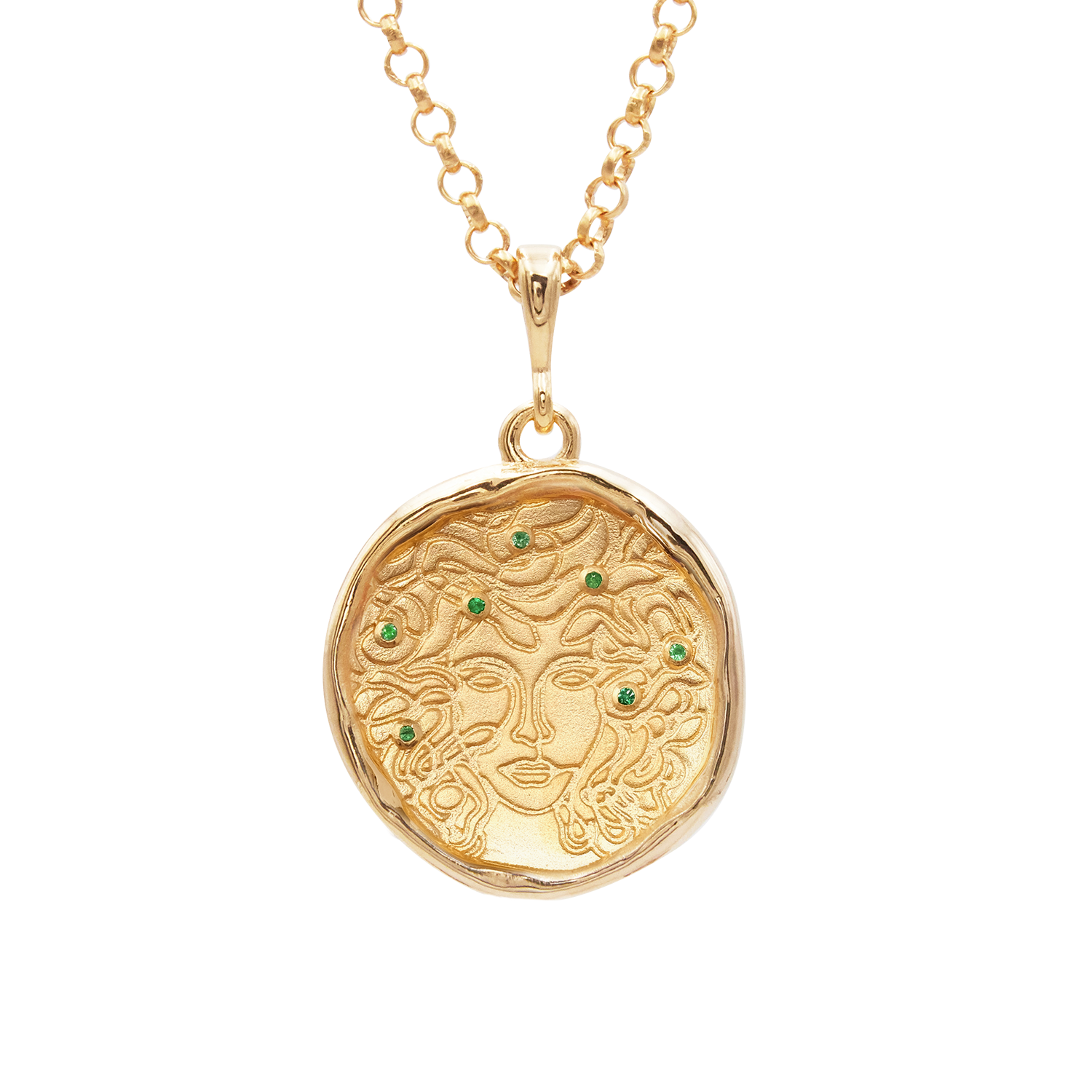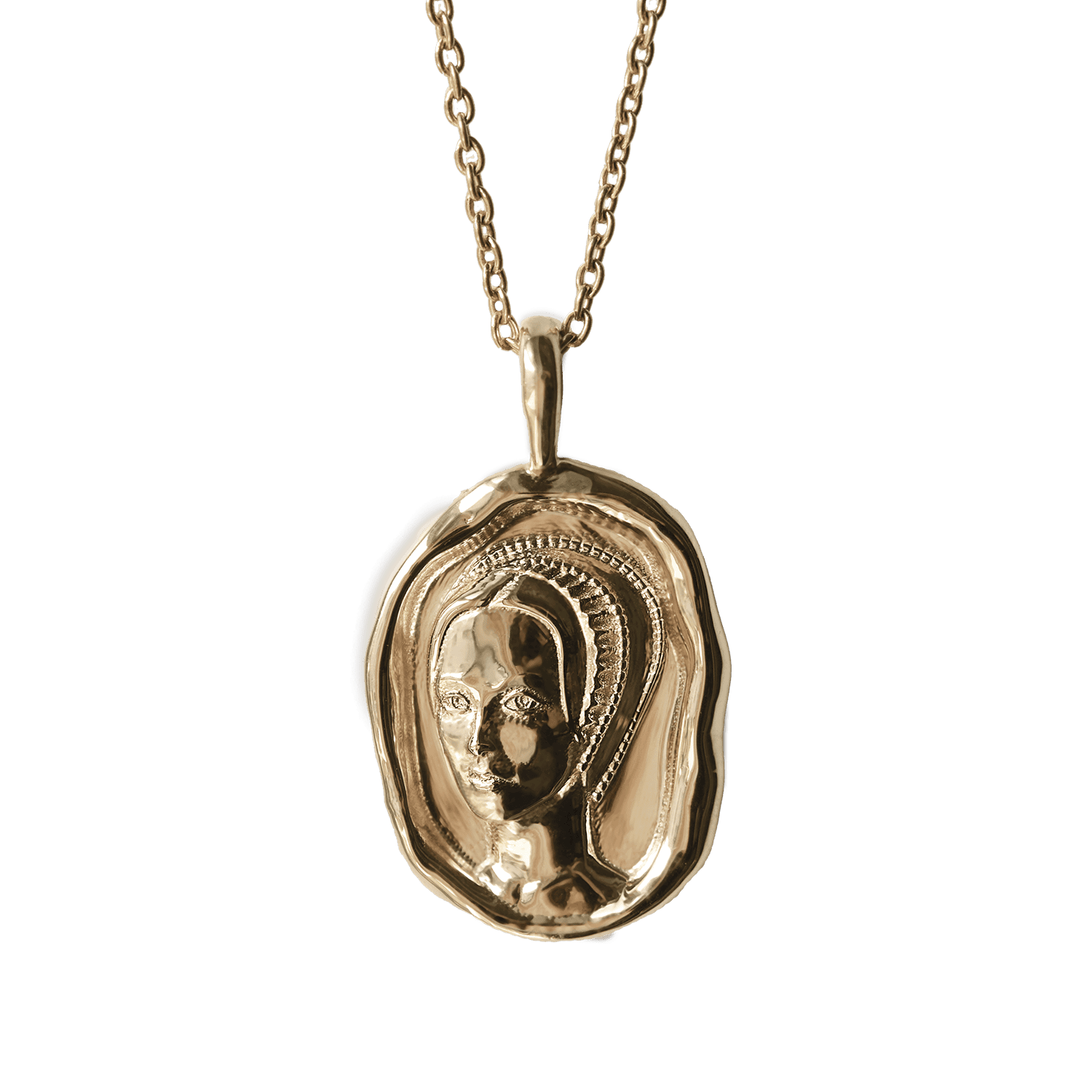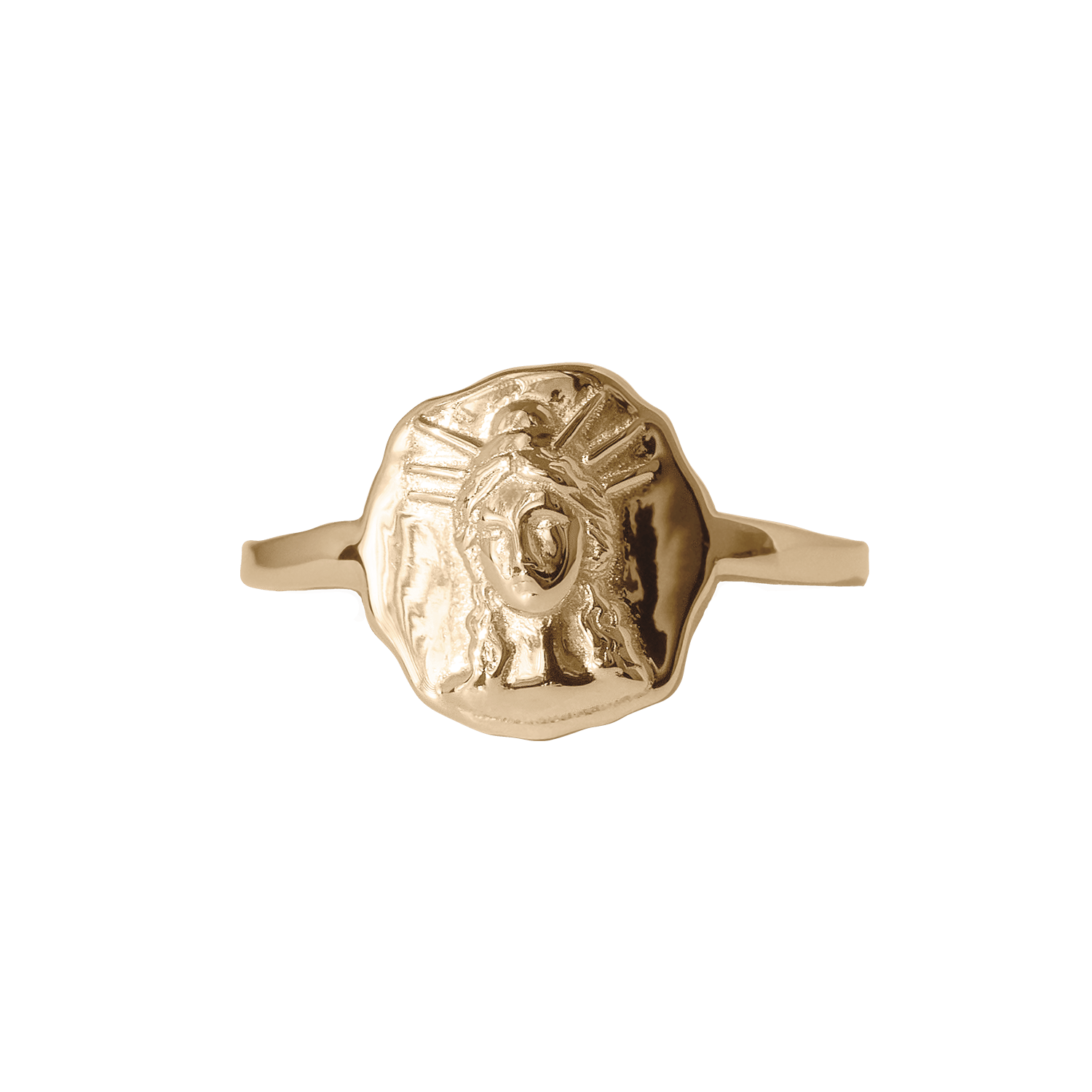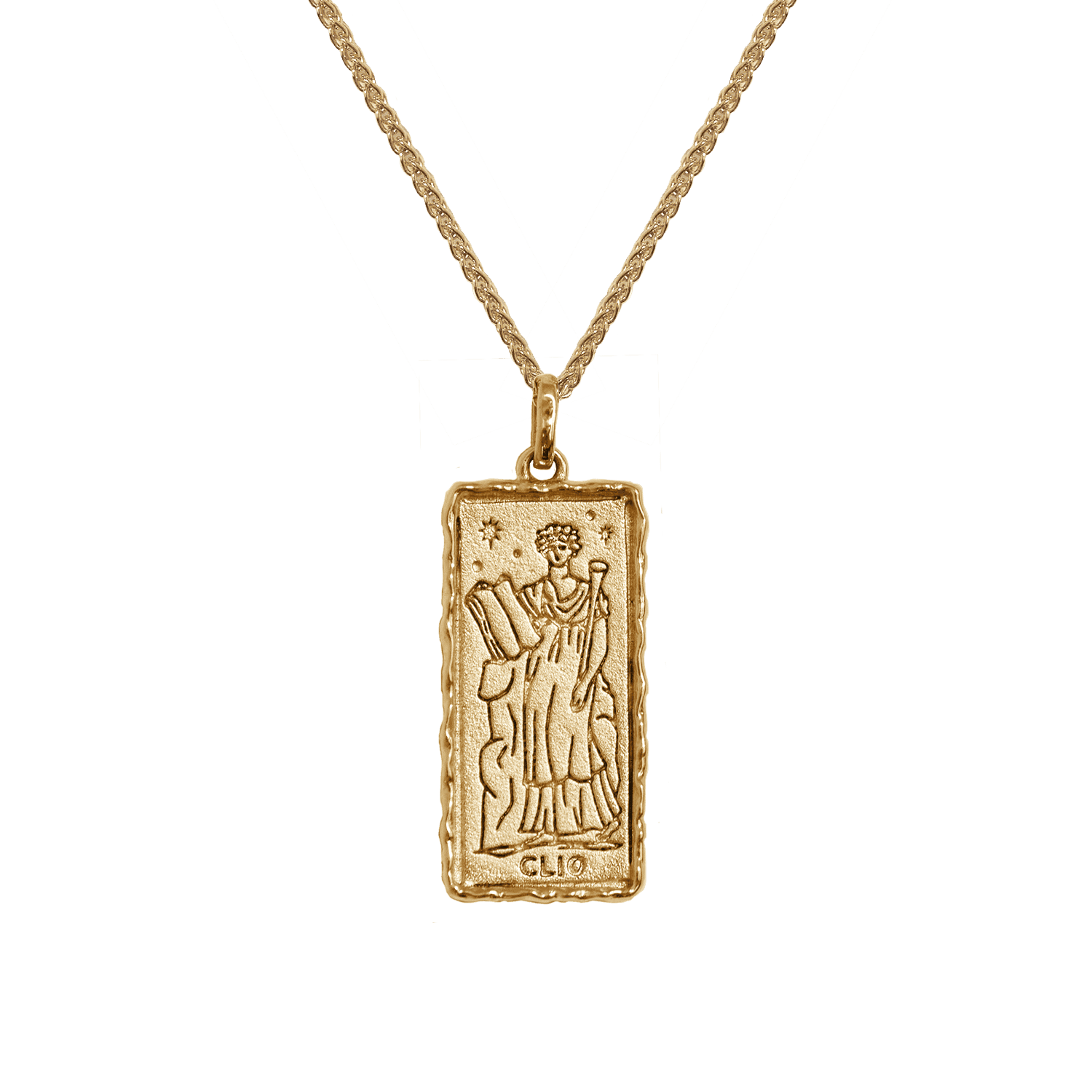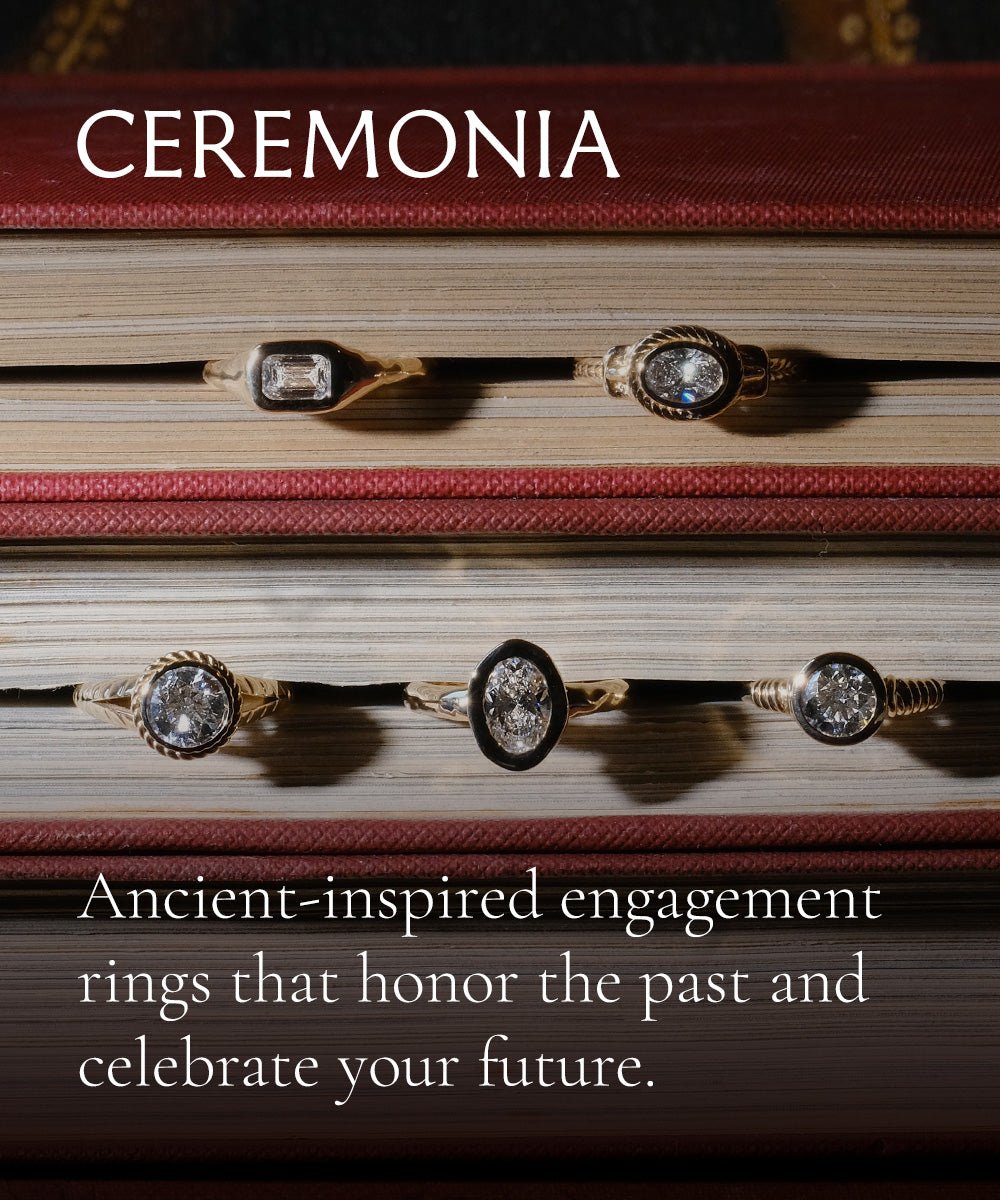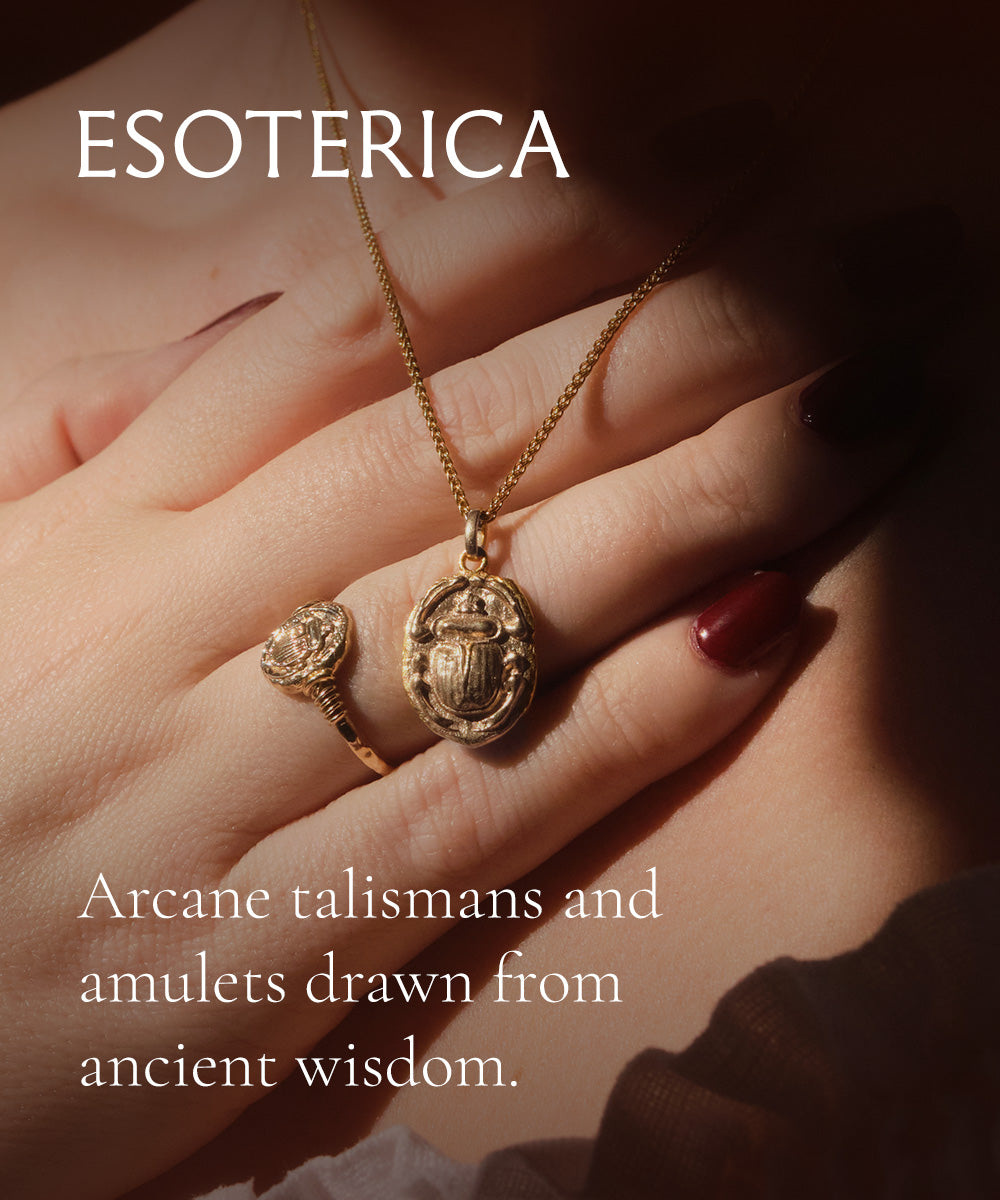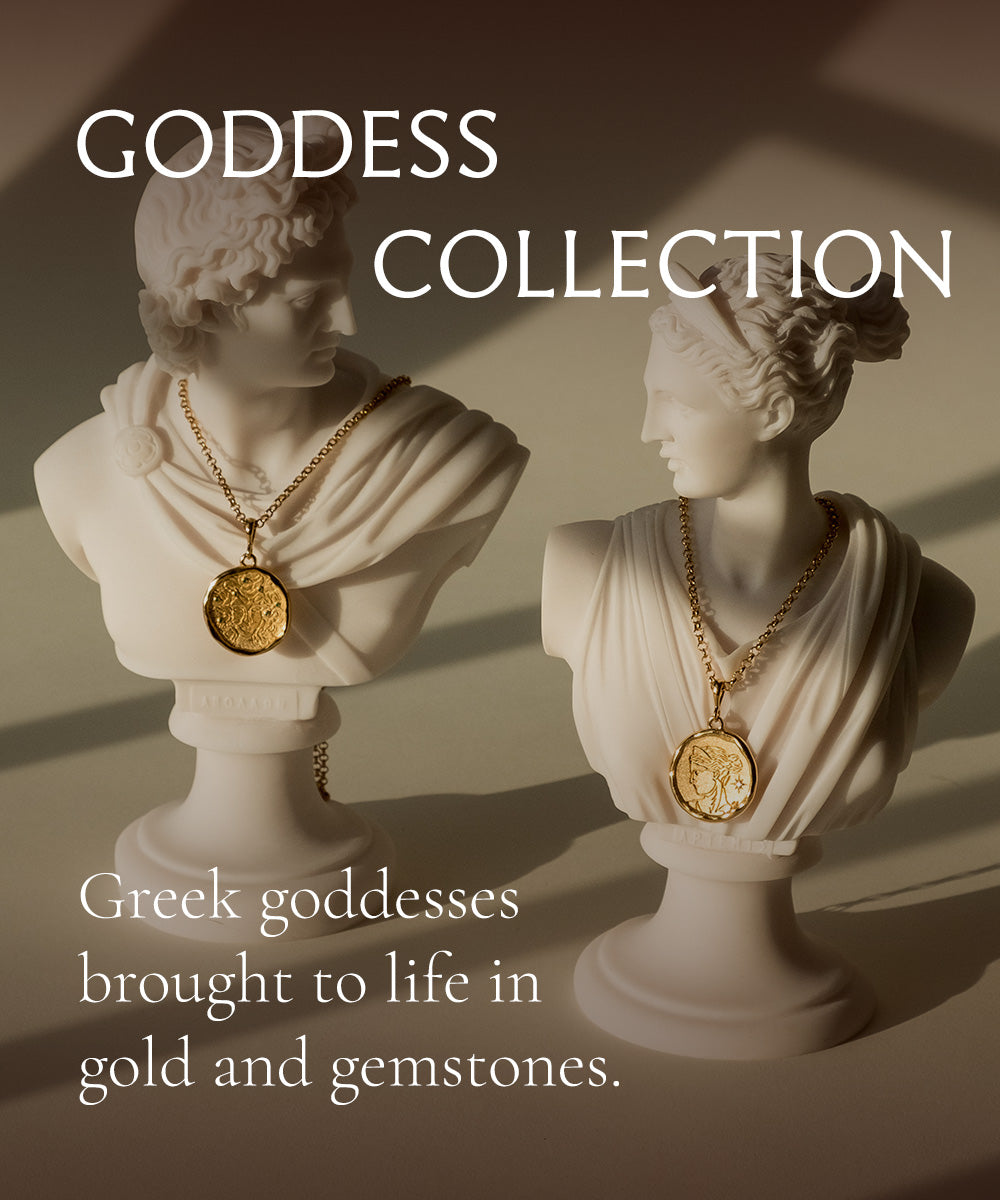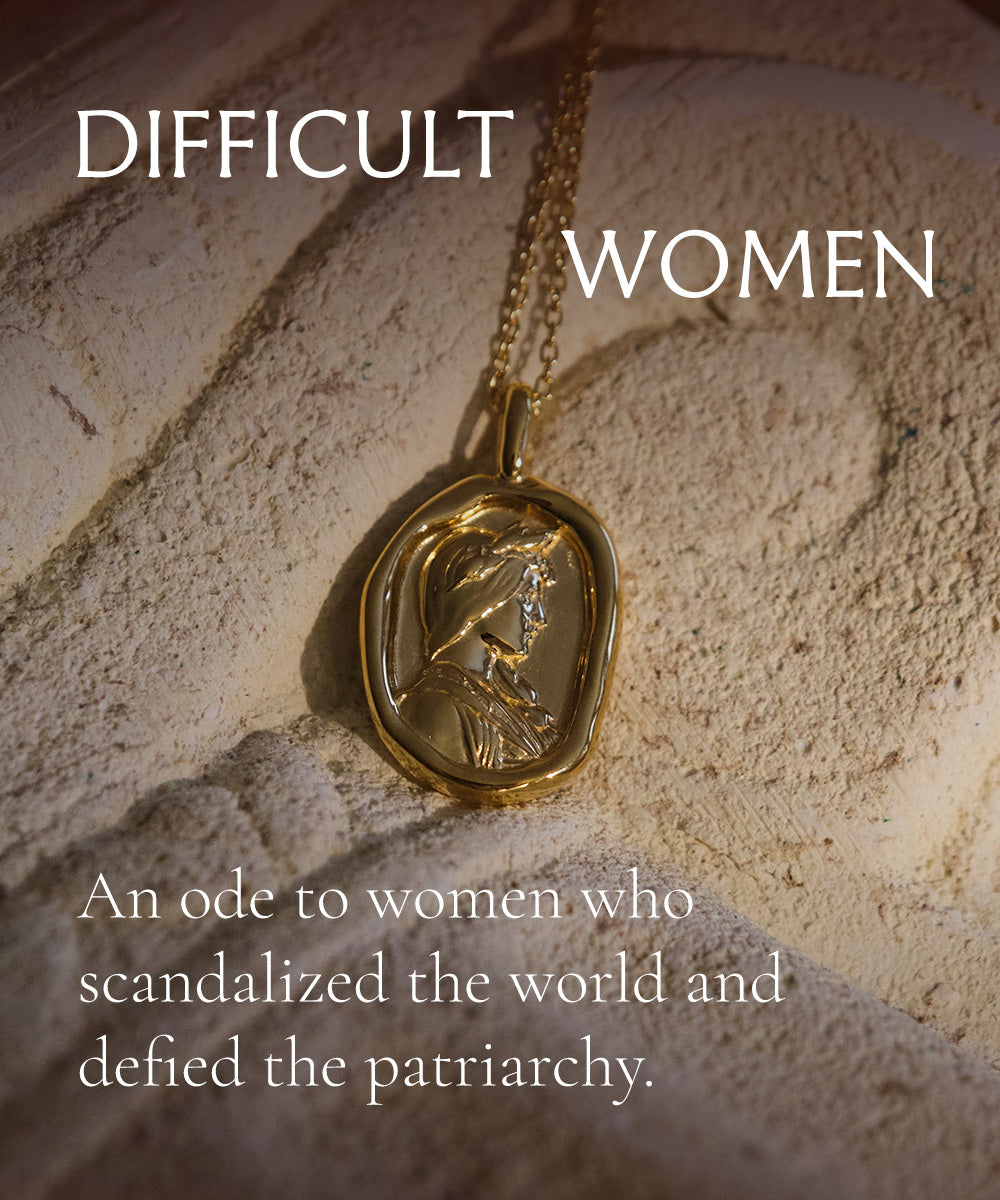Happy Thargelia!
Traditionally held on May 24 and 25 (the 6th and 7th of the Attic month Thargelion), Thargelia was an ancient Greek festival held in honor of the births of Artemis and Apollo. Artemis, the huntress, protector of children during birth and young women, with her streaming hair, bow and arrows, hunting dogs and huntress companions, is the broody and mysterious twin to Apollo, with his golden hair, lyre playing, lounging and laughing, prophecy and poetry and myriad of young male companions.
Both sides of the coin are important, though they represent different things to different people. A young maiden may worship Artemis in hope of receiving the protection of the goddess from a bad marriage prospect, while a crone may pray to Apollo for visions and prophecy to protect her village from disease.
On the first day of Thargelia, bad things are driven out. Fearless Artemis, who was born first, banishes famine, pestilence, sorrow, and pain. On the second day of the festival, shining Apollo ushers in goodness, light, joy, and plenty. Those who participated could be washed clean and start anew. There were music contests, and interestingly enough, every year, this was the legal period in which adoptive children were processed and welcomed into their adoptive parents’ families and social groups.
The twin Olympians held so much power at their fingertips that mortals would dedicate this expiatory festival to the both of them, and in this process of atonement they would become purified. The first fruits of the season were offered up to the gods, before the heat of the summer could claim them. Children carried olive branches bound up in virgin wool, fruits, grains, and even little flasks of oil, to affix on house doors. These charms, known as Eiresione, served as signs to the twin gods for suppliance and mercy. “The Eiresione brings figs and fat bread, honey in pots, and oil to rub down, a cup of strong wine so you go drunk to bed,” the children would sing.
A darker side of the festival has been woven into the tapestry of history. Some sources, not all primary ones, claim that men draped in figs were sacrificed as “scapegoats” to cleanse the sins of everyone else. However, these claims are not entirely substantiated, and could likely be a rumor planted to imprint the raw, unyielding power of the gods into the minds of the people, so that they would adhere to social guidelines and not cause too much trouble.
Whatever you believe, you can still celebrate Thargelia yourself – a few early fruits, some bread, and a ripe branch are welcome offerings.
